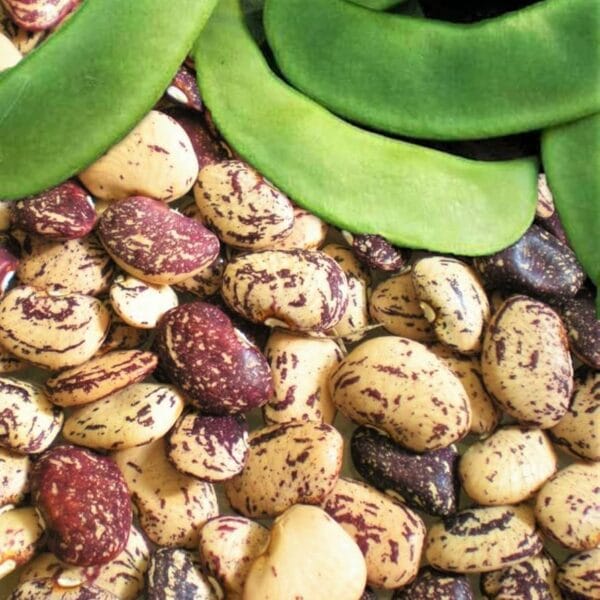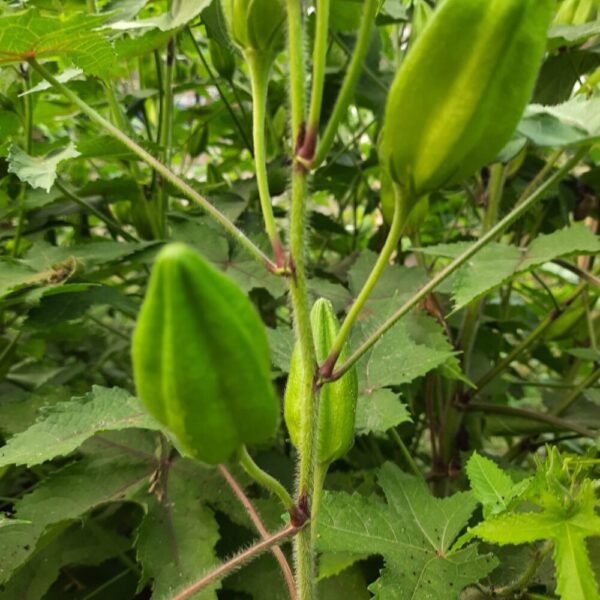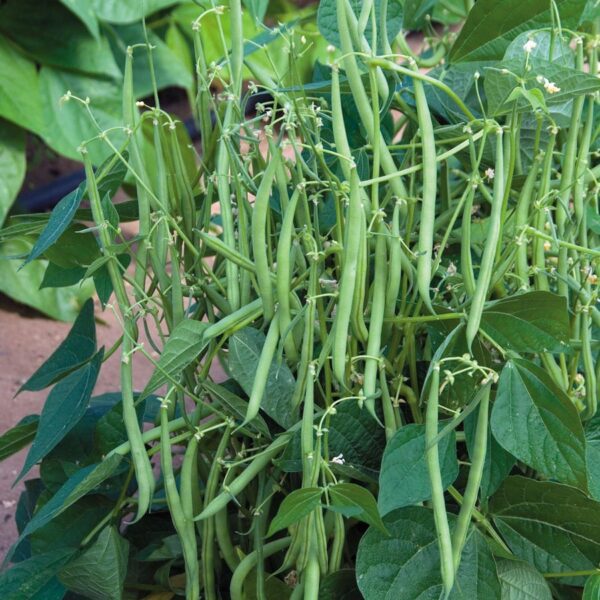Aala keerai Clover Leafy vegetable seeds
Aala keerai Clover Leafy vegetable seeds
Quantity: 100 seeds / 3 grams
Clover leaf / ஆரா கீரை (ஆல கீரை ), commonly referred to as “clover,” belongs to the genus Trifolium. Clover is notable for its trifoliate leaves (each stem usually bears three leaflets) and its importance in agriculture, particularly in improving soil fertility and as a forage crop.
Cooking this like spinach is the most tastiest recipe you will get to taste. An easy to grow green leafy vegetable for home gardeners to add rich iron to our diet.
Aala keerai Clover Leafy vegetable seeds
42 in stock
Aala keerai Clover Leafy vegetable seeds
Clover leaf, commonly referred to as “clover,” belongs to the genus Trifolium. Clover is notable for its trifoliate leaves (each stem usually bears three leaflets) and its importance in agriculture, particularly in improving soil fertility and as a forage crop.
Characteristics Appearance: Clover plants have trifoliate (three-leaf) leaves, although variations can occur, such as the occasional four-leaf clover. The leaves are typically oval-shaped and can have white markings.
Flowers: Clover produces small, fragrant, and densely packed flowers, often white, pink, or red, depending on the species. These flowers are important for pollinators like bees.
Growth Habit: Clover is a low-growing herbaceous plant that spreads by creeping stems, or stolons, and can form dense mats.
Nutritional and Agricultural Benefits Soil Fertility: Clover is a legume, which means it has a symbiotic relationship with nitrogen-fixing bacteria in its root nodules. This process converts atmospheric nitrogen into a form that plants can use, enriching the soil.
Forage Crop: Aala keerai Clover Leafy vegetable is a valuable forage crop for livestock, providing high-quality, nutritious fodder. Ground Cover: It is often used as a ground cover in gardens and lawns to prevent erosion and outcompete weeds.
Growing Conditions
Climate: Clover thrives in temperate climates but can adapt to a range of environments. It is resilient and can tolerate various conditions, from full sun to partial shade.
Soil: Prefers well-drained, loamy soils with a pH between 6.0 and 7.5. However, clover can grow in less-than-ideal soil conditions.
Water: Requires moderate watering. While it is relatively drought-tolerant, clover grows best with regular moisture.
Propagation and Planting Seeds: Propagated through Aala keerai Clover Leafy vegetable seeds, which can be directly sown in the garden or lawn. Clover seeds are small and can be mixed with sand for even distribution.
Germination: Aala keerai Clover Leafy vegetable seeds typically germinate within 7-14 days under optimal conditions.
Spacing: Aala keerai Clover Leafy vegetable seeds can be broadcast over the desired area and lightly raked into the soil.
Cultivation Practices Weeding: Minimal weeding is needed as clover itself acts as a weed suppressant due to its dense growth.
Fertilization: Typically requires little to no fertilization due to its nitrogen-fixing ability. However, it can benefit from phosphorus and potassium.
Mowing: Regular mowing encourages dense growth and helps maintain a tidy appearance in lawns. Uses Forage: Used extensively as a forage crop for grazing livestock such as cattle, sheep, and goats. Green Manure: Plowed back into the soil to improve soil fertility and structure. Aala keerai Clover Leafy vegetable seeds
Erosion Control: Used to prevent soil erosion on slopes and embankments. Aala keerai Clover Leafy vegetable seeds
Companion Planting: Benefits other plants by improving soil nitrogen levels, making it an excellent companion plant in gardens. Aala keerai Clover Leafy vegetable seeds
Health Benefits Nutritional Content: Clover leaves and flowers can be consumed and are rich in vitamins A, B, C, and K, and minerals such as calcium, magnesium, and potassium.
Medicinal Uses: Traditionally used in herbal medicine to treat ailments like coughs, colds, and skin conditions. Red clover, in particular, is known for its phytoestrogen content, which can aid in relieving menopausal symptoms.
Environmental Impact Pollinator Support: Clover flowers attract bees and other pollinators, supporting biodiversity.
Sustainable Agriculture: Reduces the need for synthetic fertilizers due to its nitrogen-fixing capability, promoting sustainable agricultural practices.
Summary
Clover is a versatile and beneficial plant that plays a crucial role in agriculture and horticulture. Its ability to fix nitrogen improves soil fertility, making it a valuable companion plant and forage crop. Clover is easy to grow, requiring minimal maintenance, and supports environmental sustainability by enhancing soil health and providing resources for pollinators. Whether used in lawns, gardens, or pastures, clover contributes to the ecological and nutritional richness of its environment
| Weight | 20 g |
|---|---|
| Dimensions | 11 × 8.5 × 11 cm |








Reviews
There are no reviews yet.